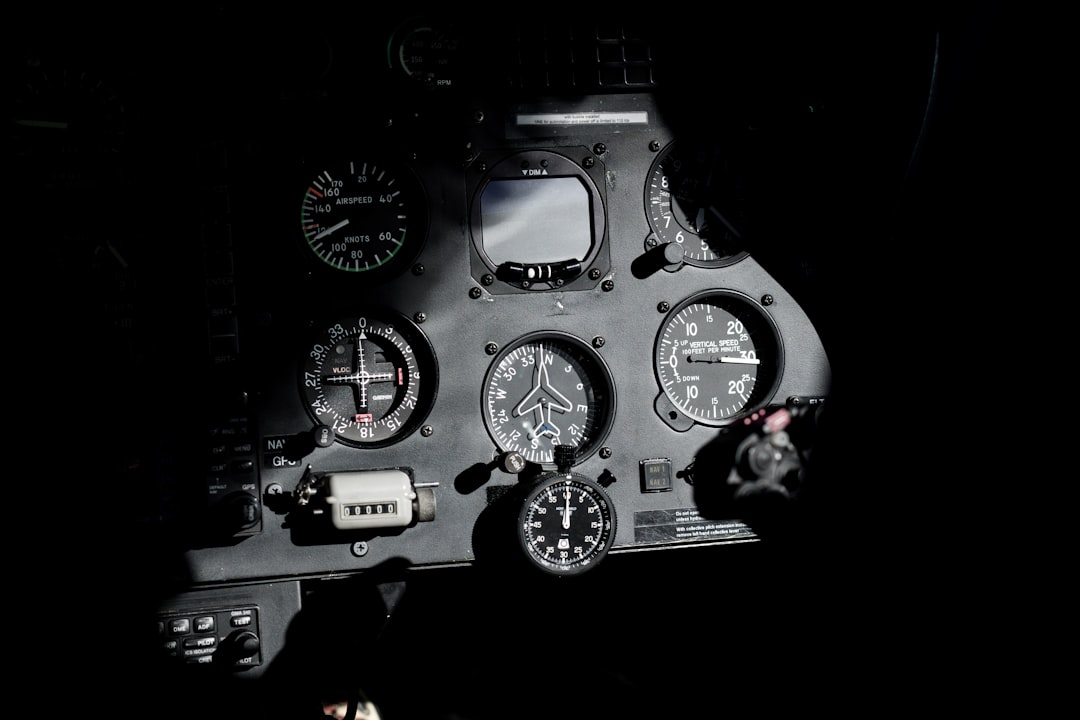So, you dream of soaring through the skies, maybe as a pilot, an engineer, or even managing an airport? That’s awesome! Aviation is a super exciting field. But figuring out how to get there after finishing 12th grade can feel a bit like navigating a complicated flight plan. Don’t worry, I’m here to help you map out your journey to the world of aviation!
Choosing Your Flight Path: Different Aviation Careers
First things first, aviation isn’t just about pilots. There are tons of different roles you can explore. Knowing what interests you most is the first step.
- Pilot: This is the classic aviation job! Pilots fly airplanes and helicopters, transporting passengers or cargo.
- Aircraft Maintenance Engineer: These are the mechanics of the sky. They keep planes in tip-top shape, ensuring they’re safe and ready to fly.
- Air Traffic Controller: These professionals manage the flow of air traffic, guiding planes safely through the skies and on the ground.
- Airport Manager: Airport managers oversee the day-to-day operations of an airport, making sure everything runs smoothly.
- Aerospace Engineer: These engineers design and develop aircraft and spacecraft.
- Cabin Crew (Flight Attendant): Flight attendants ensure passenger safety and comfort during flights.
Option 1: Becoming a Pilot After 12th
If your heart is set on flying, here’s how you can get started after 12th grade:
Step 1: Choose a Flying School: Do your research! Look for flying schools that are approved by the Directorate General of Civil Aviation (DGCA) if you are in India, or the relevant aviation authority in your country (like the FAA in the USA). Check their reputation, training facilities, and the experience of their instructors.
Step 2: Medical Assessment: You’ll need to pass a medical exam to make sure you’re fit to fly. This is usually a Class 1 medical for commercial pilots and a Class 2 for private pilots.
Step 3: Obtain a Student Pilot License (SPL): Before you start flying, you’ll need an SPL. Your flying school will guide you through this process.
Step 4: Flying Training: This is where the real fun begins! You’ll learn the basics of flying, navigation, and aircraft handling. You’ll log flight hours with an instructor.
Step 5: Obtain a Commercial Pilot License (CPL): After completing your training and passing the required exams, you’ll earn your CPL, which allows you to fly for hire.
Important Note: The cost of pilot training can be significant. Explore scholarship opportunities and financing options.
Option 2: Aviation Courses After 12th (Besides Pilot Training)
Many universities and colleges offer degree and diploma courses in aviation-related fields. These are great options if you’re interested in the technical, management, or operational aspects of aviation.
- BSc Aviation: This degree covers a broad range of aviation topics, including aviation management, air navigation, and aviation safety.
- BBA in Aviation Management: This program focuses on the business side of aviation, covering topics like airline marketing, airport operations, and aviation finance.
- Diploma in Aircraft Maintenance Engineering: This diploma provides the skills and knowledge needed to maintain and repair aircraft.
Option 3: Joining the Armed Forces
Another way to enter the world of aviation is by joining the Air Force or Navy. They offer opportunities to become pilots, engineers, and technicians. This path usually involves a rigorous selection process and physical training, but it’s a fantastic option if you’re looking for a challenging and rewarding career.
Key Skills for a Successful Aviation Career
No matter which path you choose, some skills are essential for success in aviation:
- Strong Math and Science Skills: Aviation involves a lot of calculations and technical knowledge.
- Problem-Solving Skills: You’ll need to be able to think on your feet and solve problems quickly and effectively.
- Communication Skills: Clear and concise communication is crucial for safety.
- Teamwork Skills: Aviation is a team effort, so you’ll need to be able to work well with others.
- Attention to Detail: Even small mistakes can have serious consequences in aviation.
Frequently Asked Questions
What subjects should I study in 11th and 12th grade if I want to pursue a career in aviation?
Science with Physics, Chemistry, and Mathematics is generally recommended. These subjects provide a strong foundation for understanding the technical aspects of aviation.
Is it necessary to have perfect eyesight to become a pilot?
Not necessarily. Corrective lenses are often allowed, but there are specific vision requirements that you’ll need to meet during your medical assessment.
What are the career prospects after completing a BSc in Aviation?
A BSc in Aviation can open doors to various roles, including airport management, airline operations, air traffic control (with further training), and aviation safety management.
How long does it take to become a commercial pilot?
The duration can vary depending on the flying school and the individual’s progress, but it typically takes 1.5 to 2 years to complete the required training and obtain a CPL.
What is the salary of an aviation professional?
Salaries in aviation vary widely depending on the role, experience, and location. Pilots generally earn higher salaries than other aviation professionals, but even within piloting, salaries depend on the airline and aircraft type flown. Research salary trends for your desired role and location.
So, are you ready to take off? The world of aviation awaits! With careful planning, dedication, and hard work, you can achieve your dream of working in this exciting and dynamic field. Remember to research your options, talk to aviation professionals, and choose a path that aligns with your interests and skills. Good luck, and happy flying!

